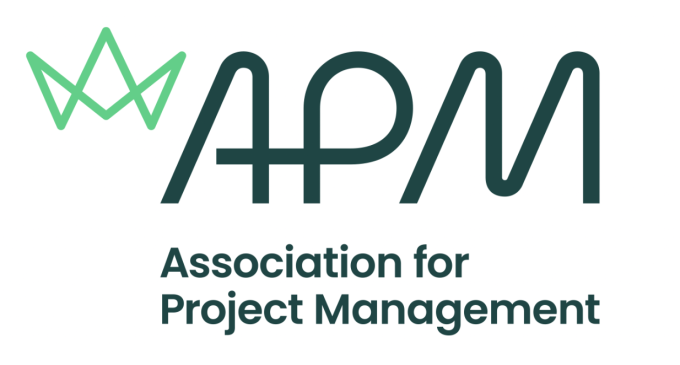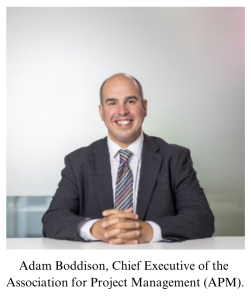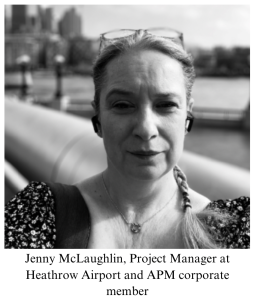46% of project managers in construction are neurodivergent, APM research reveals

Almost half of project managers working in the construction sector consider themselves to be neurodivergent, according to a new survey by the Association for Project Management (APM), the chartered membership organisation for the project profession.
APM surveyed over 1,000 project professionals working in various UK sectors including construction in the poll carried out by national research company Censuswide.
In total across all sectors surveyed, 31% considered themselves to be neurodivergent, which includes conditions such as autism, ADHD and dyslexia. For the construction sector, the figure stood higher at 46%. Another 45% said they were not neurodivergent, 7% preferred not to say and 2% did not know.
Some 96% of the construction sector respondents said they have informed their employer of their neurodivergence, in contrast to the survey’s overall average of 78%.
Meanwhile, 88% said their employer, once notified, had made changes to the workplace or ways of working to accommodate their neurodivergence. This was also higher than the survey’s 81% average.
Barriers facing project managers in all sectors included ‘not feeling comfortable’ about telling their bosses (40% agreed) and ‘not seeing the point’ (23% agreed). One in four (25%) said they intended to do so, and 12% said they did not have an official diagnosis.

Professor Adam Boddison OBE, Chief Executive of APM, said: “Our research shows almost half (46%) of project managers in construction consider themselves to be neurodivergent, which is a significant proportion and far higher than the cross-sector average of 31% in our latest survey.
“Employers in construction which embrace neurodivergence not only foster a culture of inclusivity and send out a powerful message that people with neurological differences are valued, but also benefit from unique strengths and perspectives that contribute to creativity, problem-solving and increased productivity. It can also unlock valuable insights into customers and stakeholders, leading to improved services and outcomes. Diversity in all its guises adds value to organisations.
“Overall, the importance of encouraging a neurodivergent workforce cannot be overstated. Individuals must feel empowered and supported to do their best work, and once employers have created optimal conditions, they are more likely to be engaged and motivated, leading to higher levels of job satisfaction, retention rates and overall success across the built environment.”
The survey also found that 73% of construction respondents agreed with the view that the project profession is one that is welcoming and supportive of people who are neurodivergent – a figure also higher than the survey’s average (64%). Another 18% neither agreed or disagreed, and 9% disagreed.
When asked what construction employers can do to make the project profession more welcoming for neurodivergent individuals, 52% agreed on more internal training for staff on neurodivergence. This was followed by 46% agreeing on ensuring organisations are more aware of the benefits that neurodiversity can bring to the workplace. Another 30% agreed on changes to working models.
 Jenny McLaughlin, a Project Manager at Heathrow Airport, who has ADHD and dyslexia, described the survey’s findings as being a helpful snapshot of neurodiversity for the project profession to help shape workplace considerations and attitudes, and to ensure equity within project management.
Jenny McLaughlin, a Project Manager at Heathrow Airport, who has ADHD and dyslexia, described the survey’s findings as being a helpful snapshot of neurodiversity for the project profession to help shape workplace considerations and attitudes, and to ensure equity within project management.
“Many neurodivergent individuals have experienced barriers and discrimination in some form. But as a project professional, you can provide the mandate to create a more systematic inclusive world – it is a challenge to relish,” she said.
Jenny, who leads on systematic inclusion for Heathrow’s solutions function, said neurodiversity represents “the fact that all of our brains are wired differently, as unique as a fingerprint”.
She added: “There is no one right way to be wired, but society has been constructed to favour the majority, or neurotypical, which creates barriers to those of us who think differently.”
Read more about Jenny’s experiences and reflections on neurodiversity in her APM blogs Neurodiversity in project management and Human Labels and how they affect project benefits.







